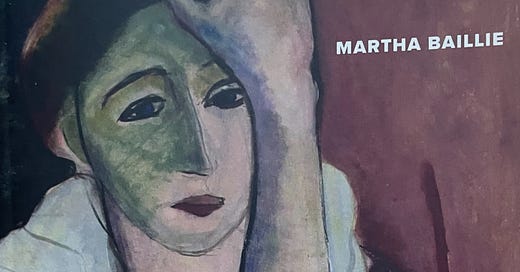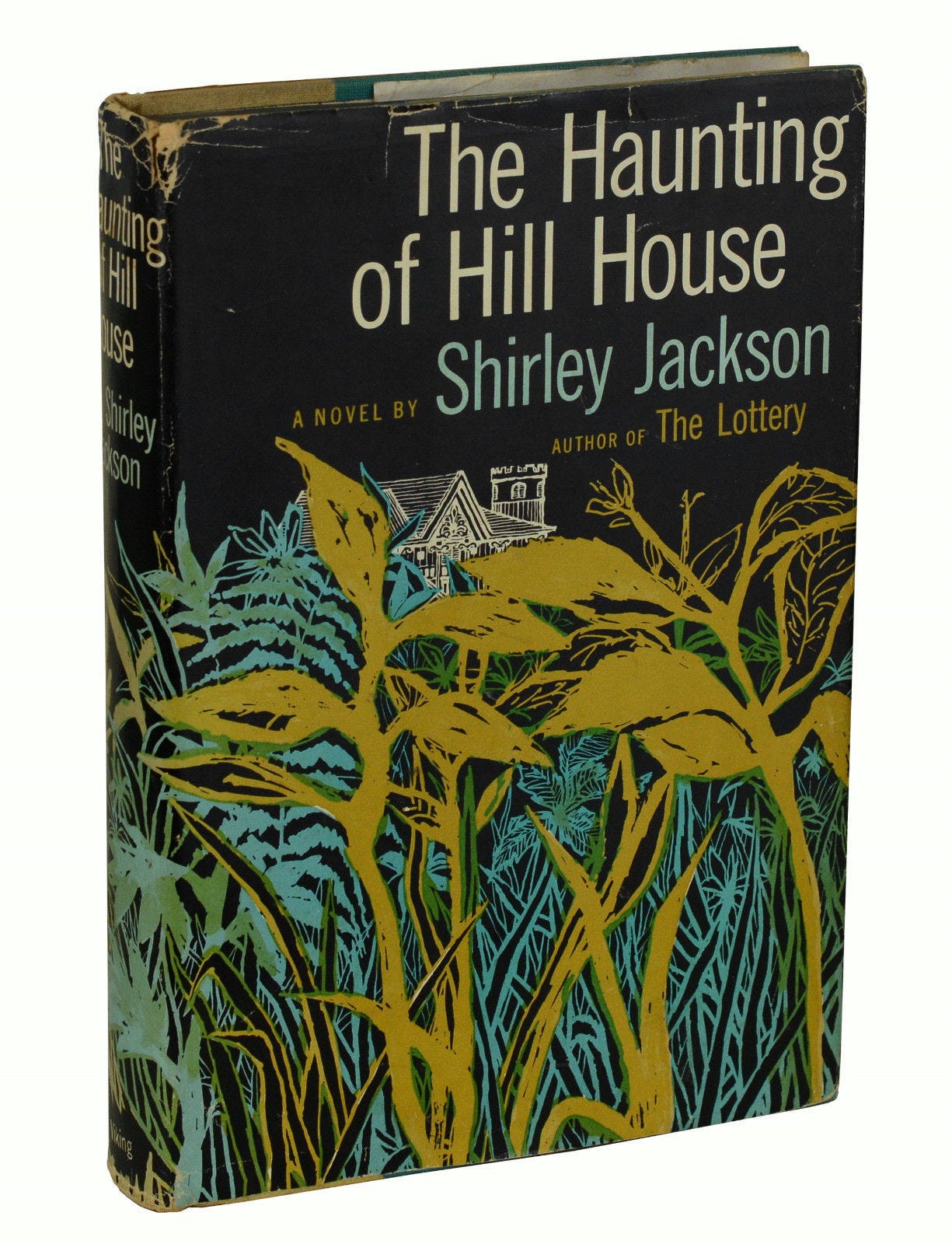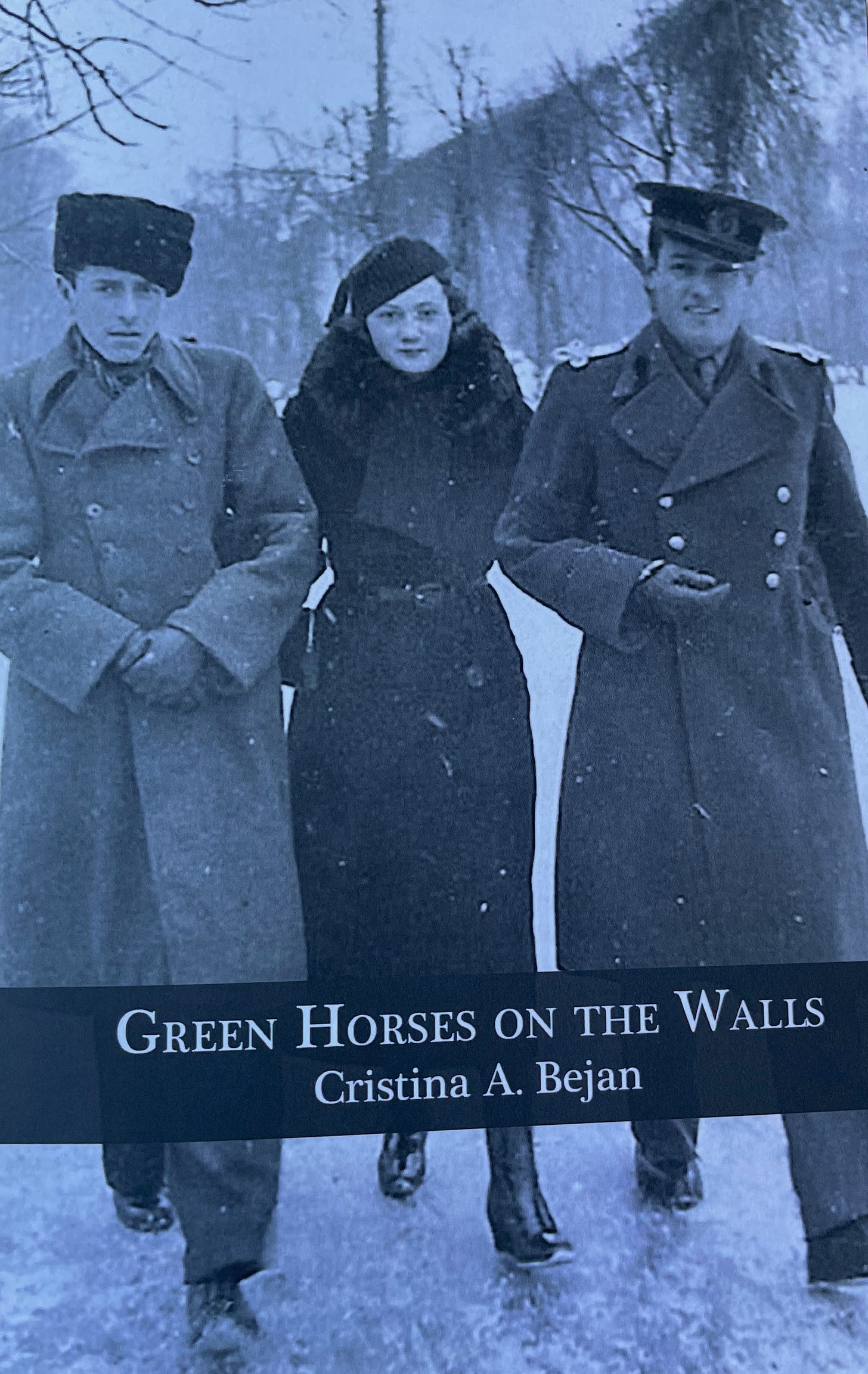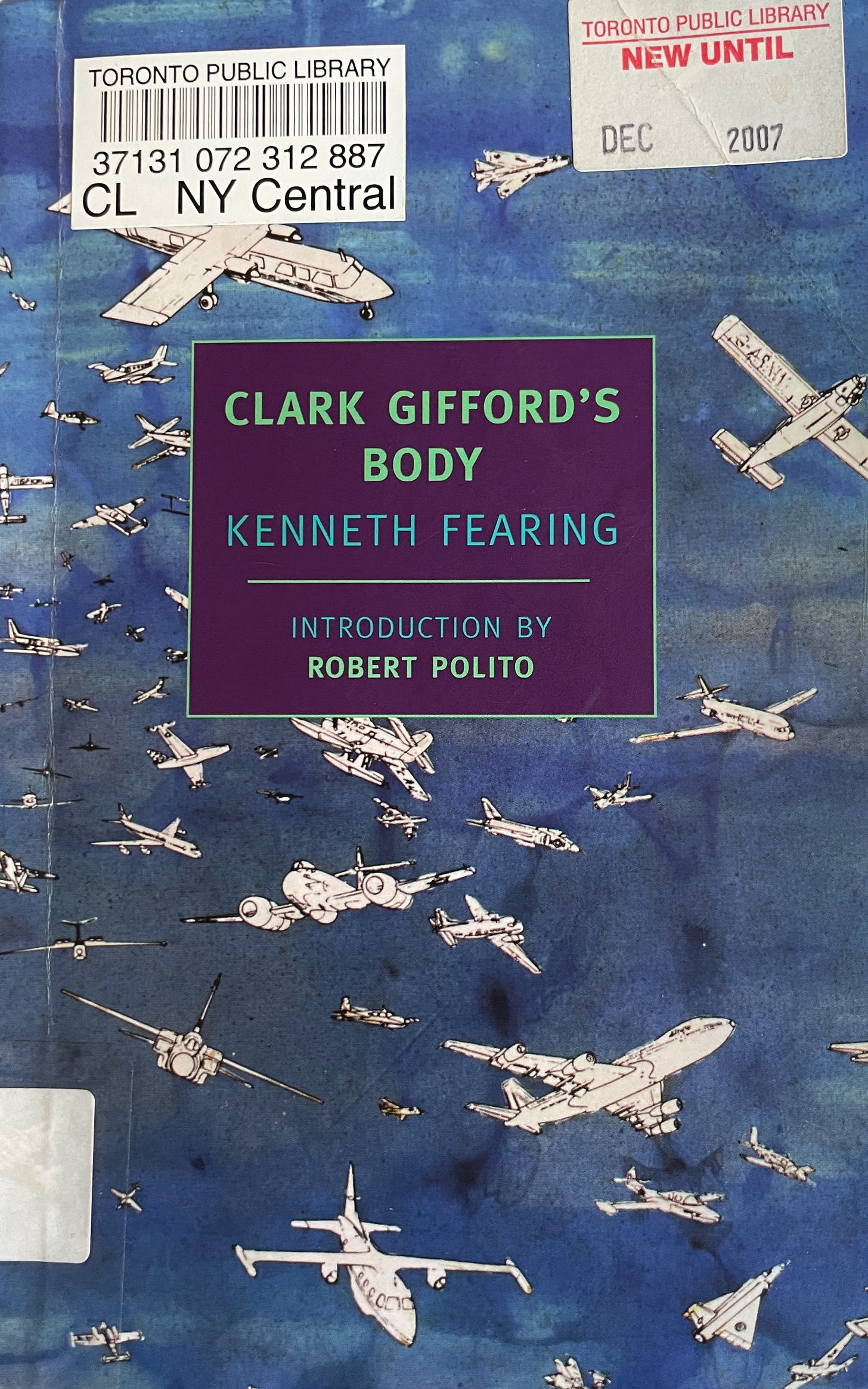Am I back too soon? I’m sorry. It just so happens that the latest batch of books were short. I read no 600 page behemoths this time. Though of course a short book can be an invitation to linger and thereby make it longer.
#75 in 2023
An elegy, a seance, a trial. Death, death, suicide. Mother, father, sister.
I’ve known Martha Baillie for thirty years and have read all of her books, sometimes in draft stages, including There is No Blue. I interviewed Martha’s mother, Mary Jane, when she was 97, asking her to tell me what is love. She shared a romantic story of meeting Martha’s father which I put into a show. I rarely met Martha’s sister Christina, though. She was reclusive and suffered from schizophrenia. One year Martha wrote a book together with Christina, called Sister Language. A month before the book was launched, Christina killed herself.
The engine of this memoir is Martha’s unstinting interrogation of what happened. Any suicide weighs upon the survivors. What did we do wrong? Could we have prevented it? Whose fault is it? Christina paints her suicide note on the wall and leaves a wrecking ball of guilt.
The dog leash she’d fastened in lieu of a chain prevented the door from opening fully. I called out her name. I waited for her to answer. Being dead, she couldn’t answer — I understood this but nonetheless called more loudly. I shouted a third time, then pulled the door shut, locked it, got on my bicycle, and pedalled home through the heat; and the people who passed me, in cars or on foot, were unaware that I no longer had the right to exist.
I know what it cost Martha to write this book. I have been arrested by her writing before. Martha is at heart a poet and writes the kind of sentences you want to read twice. Writer Souvankham Thammavongsa gave a one-word blurb: “Exquisite.” My one word is: “Stunning.” Stunning in all senses: amazing, hypnotic, it stops you in your tracks. You drop the book and stare out the window until your boyfriend asks '“what are you thinking?”
Coach House launched the book a week or so ago, in a sumptuous edition, printed on paper that begs to be touched. Martha will discuss her work with Kyo Maclear at TYPE bookstore on Queen Street on November 6. See you there.
#76 in 2023
A book like Martha’s is hard to follow. Nothing seems interesting for a while. Then the magazine A Public Space announced an online book club reading of The Haunting of Hill House by Shirley Jackson, with chapter by chapter commentary from Jackson’s biographer Ruth Franklin. I signed up, even though the black-and-white film version scared the bejesus out of me when I was a kid. I can’t even think about that film without feeling uneasy. Jackson also wrote “The Lottery”, which is the scariest short story of all time. But, hey, I’m an adult now. So I read.
“No one can hear you if you scream in the night,” Eleanor told Theodora.
Her fingernails were dirty, and her hand was badly shaped and people made jokes about love because sometimes it was funny.
I am really doing it, she thought, turning the wheel to send the car directly at the great tree at the curve of the driveway, I am really doing it, I am doing this all by myself, now at last; this is me, I am really really really doing it by myself.
The book was a lot less scary than the world is right now. The supernatural events aren’t as interesting as the characters and their relationships. Without the biographer’s commentary, I might not have caught that Theo with her softly tailored slacks was lesbian and I certainly wouldn’t have guessed that Jackson was writing about her unhappy marriage, a marriage she couldn’t stay in but also was afraid to leave, like Hill House.
I loved that the most caricatured woman in the book consults a Ouija board and refuses to miss her yoga classes. Also I love that Jackson once gave a lecture called “Garlic in Fiction” in which she explained how important it was to keep the reader’s attention. She certainly kept mine; just enough. A little more, and I would be afraid to walk through my house in the dark.
#77 in 2023
The uncategorizable Cristina Bejan is an old friend, though I have never met her in person. Many years ago she parachuted into my email with incredible timing, and since then, we have kept tabs on each other, phoning, Skypeing, socially mediating. Both of us are female Rhodes scholars, both of us are historians and theatre artists, and both of us are deeply engaged with our respective diasporas and the struggles of our ancestral countries. In Bejan’s case, that country is Romania, and it plays a big part in her book of poetry, Green Horses on the Walls.
‘Green horses on the walls’ is a Romanian expression for having delusions, and Bejan’s ‘delusion’, she was told, was that she could make a life in the arts. And yet she persisted. Bejan has a performer persona called Lady Godiva, and like the Lady, Bejan doesn’t hide anything: neither being raped by a fellow Rhodes Scholar, nor how she fell in love, nor the struggles of the suppressed Romanians, as they whisper to each other “Don’t talk or they’ll hear you.” The marks of theatre are all over these poems which hover on the edge of the genre called Spoken Word. Some day I’m going to be sitting in a night club in Denver, nursing a margarita, and egging Bejan on as she struts her stuff.
I’m from a tricky Diaspora / An assimilate-quick Diaspora / A red lipstick high heels and skinny perfumed cigarettes Diaspora…A country that you’ve never heard of Diaspora /… politically totally confused Diaspora / A Reagan Realpolitik Diaspora / … A real appreciation for a pair of blue jeans Diaspora …
As for those green horses on the wall, I like chasing them too. Let’s all saddle up.
#78 in 2023 Kenneth Fearing, Clark Gifford’s Body
Somewhere in a place resembling America, Clark Gifford and his sturdy band of rebels seize the radio station WLEX in an attempt to topple the government and achieve peace for the common man. This armed uprising leads to an endless civil war. Even twelve years later, the streets were dark and seemingly empty, while the skies glowed, flickering with the light of sporadic shooting.
When peace finally does come, WLEX is a tourist attraction and Clark Gifford’s idealism sells souvenirs.
Writing in 1942 during WWII, the book clips along in a collage of stories and news reports from many different protagonists, powerful and powerless, jumping around in time from years before, to years after, to the night of the rebellion. “An aggressively original work of experimental political fiction” says the introduction, a good description, and the reason why the writing feels very fresh.
“Facts and realities,” she mimicked. “Every time I hear those words, I just feel in my bones something awful is going to be put over on me.”
My favourite subplot was the tale of Mary, the torch singer, and Marty, the owner of a small restaurant, trying to stay alive and well and help others stay alive and well, with all the psychological twists and turns that survival takes in terrible circumstances. The description of a civil war in America, with all the wheeling and dealing that stokes violence, and all the manipulation of the truth, make Fearing’s work feel like it was written for today.
#79 in 2023
Claire Keegan’s book Foster was recommended to me by my bookish friend Rina. I began to read it in the subway on my way to work, thanks to an app called Libby that lets me borrow library books via my phone. I returned to my reading on my way back home and right there on the Keele bus the story NONONO ended.
I could tell you what the book is about, but it doesn’t really matter what it is about, because by the time I finish telling you, you will have finished half the book. Claire Keegan has won a whole pack of prizes and she is more than deserving. Foster is now part of the school syllabus in Ireland, though it was published just over ten years ago. Her book Small Things Like These was one of the best books I read this year. I want to be Claire Keegan. Go ahead and read anything she writes.
Books I did not finish because Not My Jam: John Lanchester, Capital, Charles Portis, The Dog of the South, Susie Steiner, Missing, Presumed; Laila Halaby, West of the Jordan; Philippe Ariès, Western attitudes toward death : from the Middle Ages to the present
I’m currently reading: Percival Everett, Damned if I Do, 2004
**
Still on the list:
The Random List: Anna Akhmatova, Selected Poems, 1969 (brilliant poet)
Barbara Comyns, The Vet’s Daughter, 2013 (‘gothic masterpiece’)








